Buddhist Responses to Globalization
Buddhist Responses to Globalization
Edited by Leah Kalmanson and
James Mark Shields
LEXINGTON BOOKS
Lanham Boulder New York London
Published by Lexington Books
An imprint of The Rowman & Littlefield Publishing Group, Inc.
4501 Forbes Boulevard, Suite 200, Lanham, Maryland 20706
www.rowman.com
16 Carlisle Street, London W1D 3BT, United Kingdom
Copyright 2014 by Lexington Books
All rights reserved. No part of this book may be reproduced in any form or by any electronic or mechanical means, including information storage and retrieval systems, without written permission from the publisher, except by a reviewer who may quote passages in a review.
British Library Cataloguing in Publication Information Available
Library of Congress Cataloging-in-Publication Data
Buddhist responses to globalization / edited by Leah Kalmanson and James Mark Shields.
pages cm
Includes bibliographical references and index.
ISBN 978-0-7391-8054-9 (cloth : alk. paper)ISBN 978-0-7391-8055-6 (electronic) 1. GlobalizationReligious aspectsBuddhism. 2. BuddhismSocial aspects. 3. BuddhismDoctrines. I. Kalmanson, Leah, 1977 editor of compilation. II. Shields, James Mark, editor of compilation.
BQ4570.G56B83 2014
294.3'37dc23
2014018982
 TM The paper used in this publication meets the minimum requirements of American National Standard for Information Sciences Permanence of Paper for Printed Library Materials, ANSI/NISO Z39.48-1992.
TM The paper used in this publication meets the minimum requirements of American National Standard for Information Sciences Permanence of Paper for Printed Library Materials, ANSI/NISO Z39.48-1992.
Printed in the United States of America
Introduction
James Mark Shields and Leah Kalmanson
The term globalization has come to mean so much today that one might argue it has become an empty signifier. Defined rather laconically by the Oxford English Dictionary as the act of globalizing, it is often used to describe the simple fact of global interconnectivity, brought about through ever-increasing economic and political integration in the late twentieth century and more recently, with the dawn of the so-called information age, via the World Wide Web and new forms of social media. At the same time, the term has taken on distinct normative implications, as when it is denounced as a synonym for the cultural domination or economic exploitation of weaker nations by more powerful ones, or, alternatively, when lauded as the means toward a truly democratic world, with the completely free and open interchange of goods and ideas. Perhaps the most complete definition is that of the World Health Organization, for whom globalization is the increased interconnectedness and interdependence of people and countries... generally understood to include two interrelated elements: the opening of borders to increasingly fast flows of goods, services, finance, people and ideas across international borders; and the changes in institutional and policy regimes at the international and national levels that facilitate or promote such flows.
Whatever form it may take, and whatever feelings it might inspire in various people in diverse contexts, globalization is an inescapable feature of contemporary life for most if not all of the worlds seven billion people. As such, the worlds religionsincluding Buddhism, which is arguably the first truly transcultural and transnational faithhave for the past several centuries been forced to engage with and adapt to an increasingly integrated world.
In recent decades, some Buddhist thinkers and organizations have been critical of certain aspects of globalization, raising concerns about and proposing concrete responses to, for example, increasing inequalities of wealth, income, resource use, and opportunity and the acceleration of the production-consumption-waste cycle that has been a primary driver of economic growth in the global capitalist system. While studies of Buddhism in the modern worldfrom the colonial period until todayhave blossomed in the past several decades, surprisingly little attention has been paid to the impact of the forces of globalization on Buddhism, and vice versa. The present volume is offered as a first step towards addressing that lacuna. Our approach has been to include a combination of philosophical, ethical, and buddhological investigations of globalization in relation to Buddhist concepts, in addition to historical and sociological approaches. All of the essays included, however, are critical and interpretive, rather than merely descriptive, and thus might be thought of as attempts at applied philosophy. Our authors, many of whom are trained in comparative philosophy, strive to present new ways of thinking about these topical issues. Although no single volume on such a broad theme can hope to be comprehensive, the collected essays raise new possibilities for cross-cultural and comparative study that we hope will be taken up by other researchers in the future.
Chapter Summaries
We have divided the volume into two parts. The first, Globalization as Spatial, Cultural, and Economic Deterritorialization, includes four chapters dedicated to historical and philosophical analyses of globalization in relation to Buddhist perspectives emerging out of diverse contexts both ancient and contemporary. In chapter 1, Squaring Freedom with Equity: Challenging the Karma of the Globalization of Choice, Peter Hershock (East-West Center, University of Hawaii) argues that Buddhism and globalization have a long and deeply shared history. As the worlds first intentional community, the early development and spread of Buddhism from north India across South Asia coincided with a period of dramatically increasing urbanization and trade, and its further spread to Central, East, and Southeast Asia was both spurred by and helped sustain a great deal of the early globalization processes associated with the overland and maritime silk roads trade. As Hershock notes, however, through the modern period, there were neither incentives nor apparent needs for Buddhism to turn a critical eye to the processes of globalization and trade. On the contrary, Buddhist institutions often adopted an explicitly accommodating stance toward local sociocultural and political dynamics, facilitating and supporting the flourishing of the state in the context of ongoing, often transcontinental interactions. While recognizing the significant benefits of modernization, industrialization, and globalization, and affirming many of their values, many Buddhists from the late nineteenth century onward began shifting away from predominantly accommodative relations with these interlinked processes and toward critical engagement with them. Concerns have ranged from the disruptive impacts of these processes on community dynamics and the environment, to the depth of their compatibility with achieving developmental justice. Hershock joins this conversation by employing Buddhist conceptual resources to evaluate the relationship between the globally dominant identification of freedom with choice and the continued elusiveness of realizing dignified lives for all. Making use especially of the Buddhist concepts of karma, nonduality, and responsive genius (upya), he makes the case that achieving truly equitable patterns of interdependence in an era of complex globalization will entail questioning the ontological primacy of the individual, conceiving of freedom as relational virtuosity, and reimagining equity not as an abstract equality of opportunity but as concrete social, cultural, economic, and political diversity.
In chapter 2, Carolyn Jones Medine (University of Georgia) provides us with the first of several essays in the volume by feminist and womanist scholars. Womanism is a vibrant and growing field focusing on the diverse intellectual, spiritual, and religious experiences of women of color, especially as such experiences relate to issues of social and political concern. The term was originally coined by Alice Walker to demarcate a discourse independent of those feminist studies dominated by white, middle- to upper-class perspectives. Over time, womanism has taken on a life of its own within certain academic circles, including scholars of literature, theology, religious studies, and postcolonial theory. In recent years, a series of seminars held at Harvard, Texas Christian University, and the University of Georgia, brought together womanists and Buddhist scholars to read and discuss Buddhist texts. The resulting womanist-Buddhist dialogue has fostered innovative avenues of research, such as what is found in the chapters by Jones Medine and Melanie Harris in our collection. In the essay Alice Walker, the Grand Mother, and a Buddhist-Womanist Response to Globalization, Jones Medine considers the impact of Walkers personal engagement with Buddhism on her creative writing by studying the development of two of Walkers literary identities: the revolutionary artist of early works and the Grand Mother spirit of later writings. As Jones Medine shows, the call for compassion and the demand for justice issued by the revolutionary artist remain constant throughout Walkers work. But over time we see the artist aging into the Grand Mother spirit, a force perhaps less physically powerful but more spiritually dynamic and globaleven cosmicin her scope. As Jones Medine discusses, the Grand Mother spirit is (1) both a product and a driving force of globalization, who thrives in the fluid, deterritorialized world described by theorists such as Jrgen Osterhammel, Niels P. Petersson, Arjun Appadurai, and Mary Louise Pratt; and (2) a bearer of bodhisattva-like compassion, whose cosmic consciousness is finely attuned to the cry of each and every individual who suffers. In this sense, Jones Medine highlights the unique Buddhist response to globalization that Walker provides through the confluence of literary work, social activism, and personal Buddhist practice.
Next page
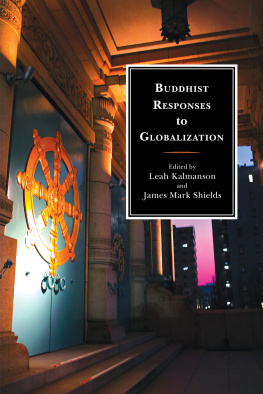
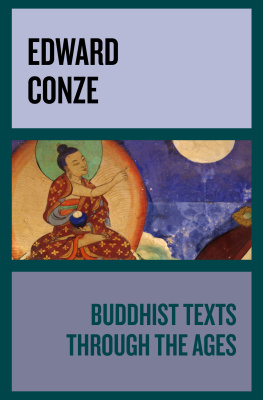
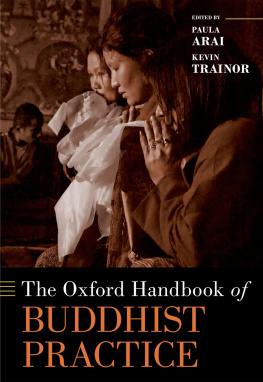

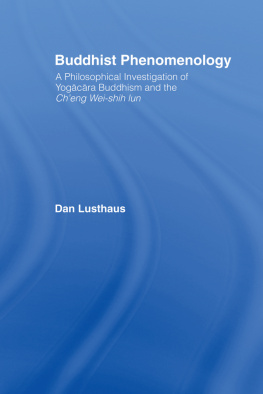
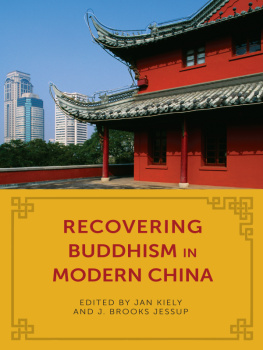
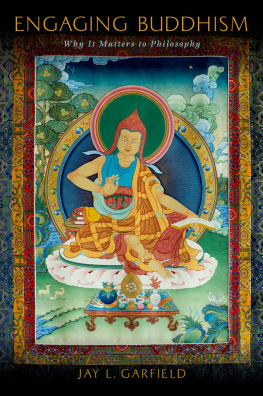
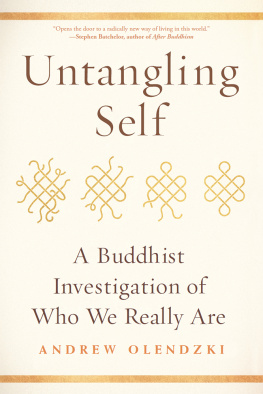
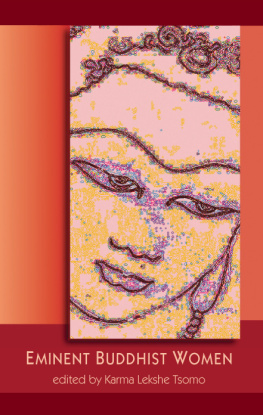
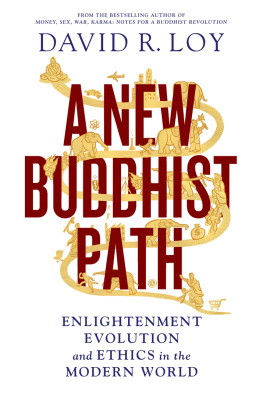
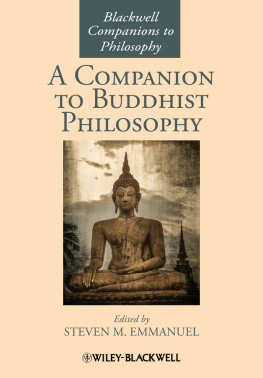
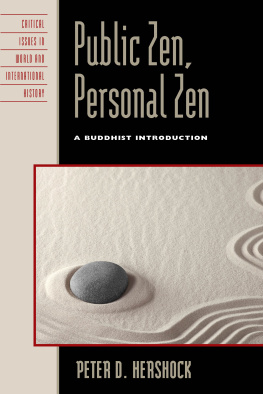
 TM The paper used in this publication meets the minimum requirements of American National Standard for Information Sciences Permanence of Paper for Printed Library Materials, ANSI/NISO Z39.48-1992.
TM The paper used in this publication meets the minimum requirements of American National Standard for Information Sciences Permanence of Paper for Printed Library Materials, ANSI/NISO Z39.48-1992.